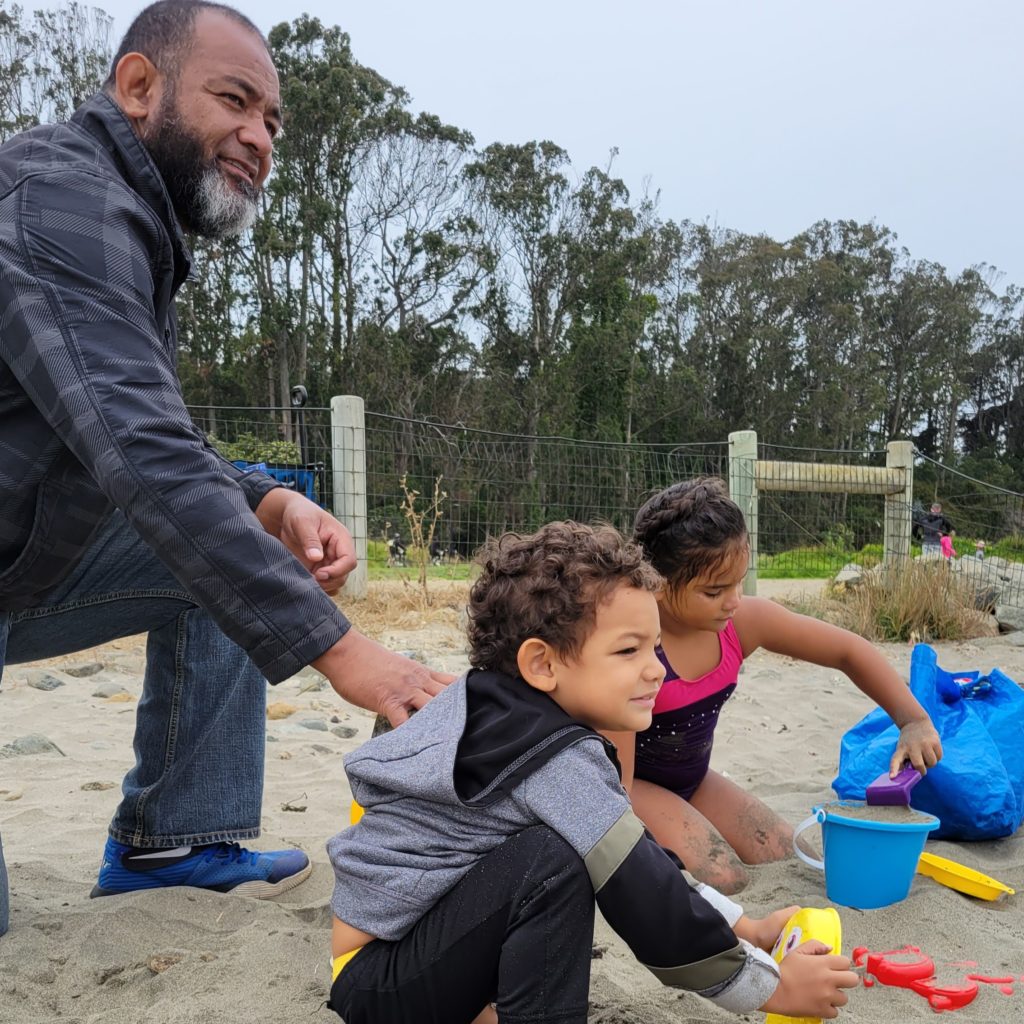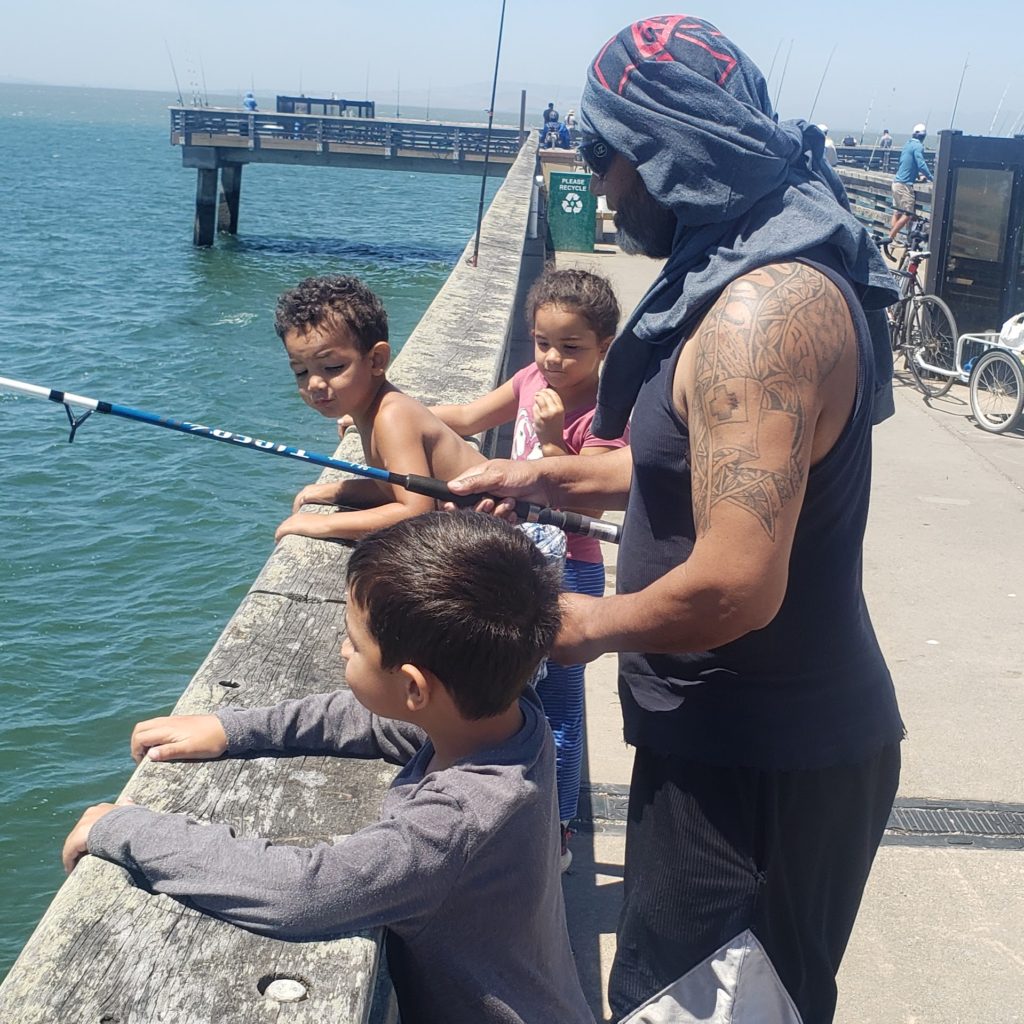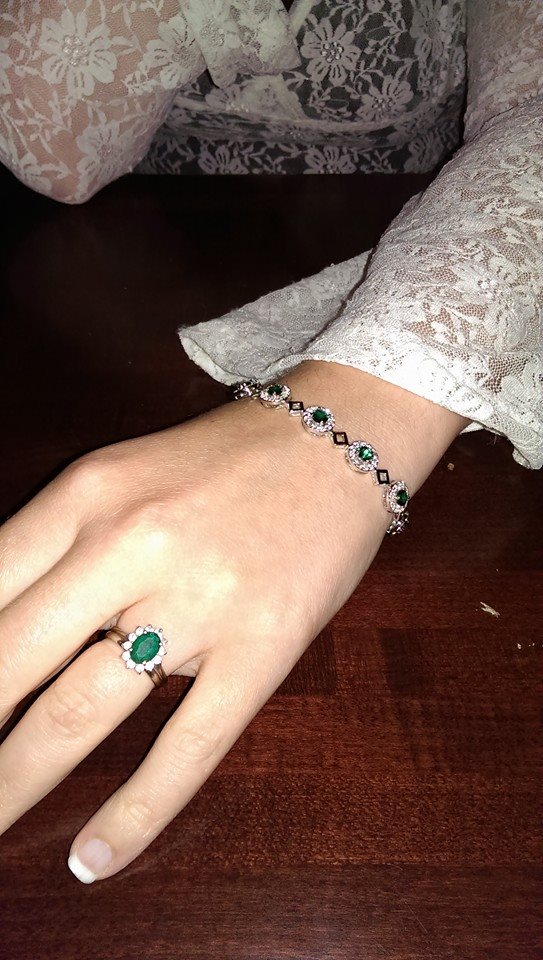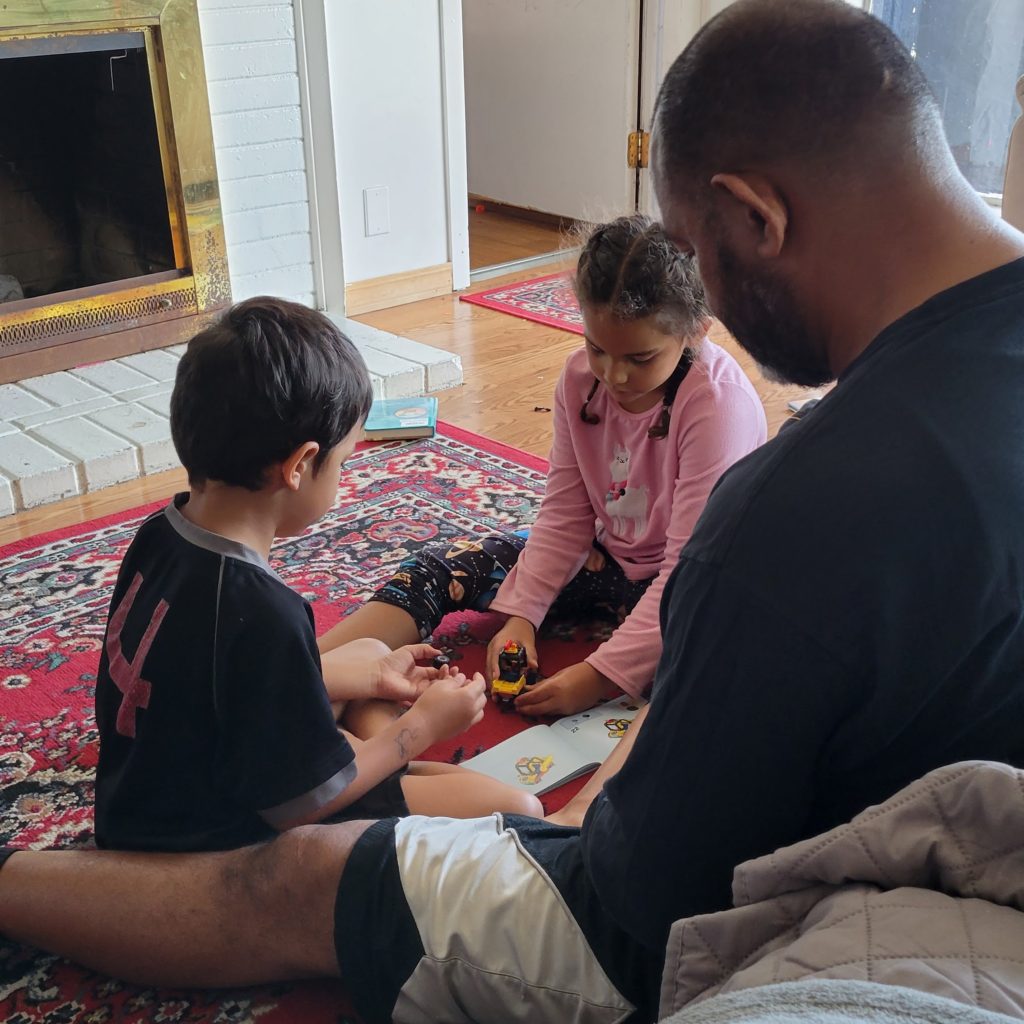For many years, I refused to read the book The Five Love Languages. The very phrase irked me. I never stopped to contemplate why, but every time someone told me their love language, I internally rolled my eyes. When we moved to San Francisco, a friend gave copies of Gary Chapman’s book to both Afa and I. I realized I disdained the entire concept without having read the book. When our friend later asked if we read it, I decided that I should at least see what the book had to say about love languages.
To my surprise, the book was insightful, spiritual, and most of all focused on other people. I finally identified what it was about the conversation around love languages that exasperated me. In a distinctly American twist, our culture had taken love languages and made it all about ourselves. A majority of the conversations I had with people about love languages went along these lines: “My love language is so and so and this person (or this group of people) is not loving me the way I want to be loved, according to my love language.”

I had a good friend who had a rough day, so her husband cooked her a full meal. She was upset because that’s not the comfort and love she wanted. She could have chosen to accept this gesture based on its intent but instead she focused on how it should have been different. Another friend was angry that people were not spending enough time with him and that they should have made more of an effort because his love language was quality time, rather than figuring out what he could do or plan in order to spend more time with other people and meet their needs.
After reading the book, I discovered it was the audacity and selfishness in the perception of love languages that annoyed me so much. The vast majority of the book is focused on learning the love languages of other people and then making an effort to love them in a way that they understand it. It was the opposite of the way that people twist it today and use it as a source of bitterness when others don’t respond to their personal love language the way they want.

Afa is not a great gift giver or a party planner. These things were obvious soon into our relationship, and they haven’t changed much during our eight years of marriage. I decided early on that if I set expectations that Afa would buy fancy gifts or make big gestures for special days – birthdays, anniversaries, Valentine’s Day, etc. – I was setting us both up for failure. I could choose to focus on the things he does well – clean the house, cook good food, let me rest when I need it – or I could choose to focus on all the ways he doesn’t measure up to stereotypical romance and create a source of constant friction in our marriage.
This is not to say that I don’t want fun birthday parties because that is the opposite of the truth, but I have learned to ask for what I want. For my 30th birthday, I wanted a big party with pizza and games and sharing, so I told my closest friends and they put it together for me. I didn’t create a hidden expectation that everyone “should have known” and then choose to be angry when they couldn’t read my mind. When I wanted to go out to dinner to celebrate a holiday, I told Afa. He’s always more than happy to go to dinner, but he’s not going to remember to ask.

And this is where the ingrained selfishness of American culture taints the ideas of love languages. Someone will say “my love language is quality time, and no one spent time with me this weekend. Therefore, I have the right to be angry.” This is not in the spirit of The Five Love Languages in any way. The book is about finding out other people’s love languages and then using that information to meet their needs.
In a fun example of this, when we got to our first anniversary, Afa pulled out a box that looked like jewelry. When I opened it, I was shocked at the beautiful bracelet in the box. It had green and white stones that matched my engagement ring perfectly. I was speechless when I opened it because I couldn’t figure out how he would have thought about buying something so pretty or where to find it. I think he could sense the look of confusion about this beautiful gift, and he said “Your mom sent me a picture and told me where to buy it.” OH. That made so much more sense. My mother is an excellent gift giver, and celebratory milestones are very important to her. She bought me a whole gift basket to celebrate my first Mother’s Day, and I’m sure she thought of me the moment she saw a green bracelet.

This is exactly the spirit of love languages – finding out how to fill someone else’s love tank. What can I do to communicate how much I love someone in a way that will be meaningful to that person? It requires effort and focus to find out about other people, and it creates connection and joy on the follow through.
The cultural rending of the concept of love languages has created a source of bitterness for people by telling them they should expect to be loved according to their love language rather than setting the expectation that we should spend time discovering exciting ways to love others. It can almost seem semantic when I write it out, but the shift in focus makes all the difference as to whether the concept of love languages produces love or it produces unmet expectations.
